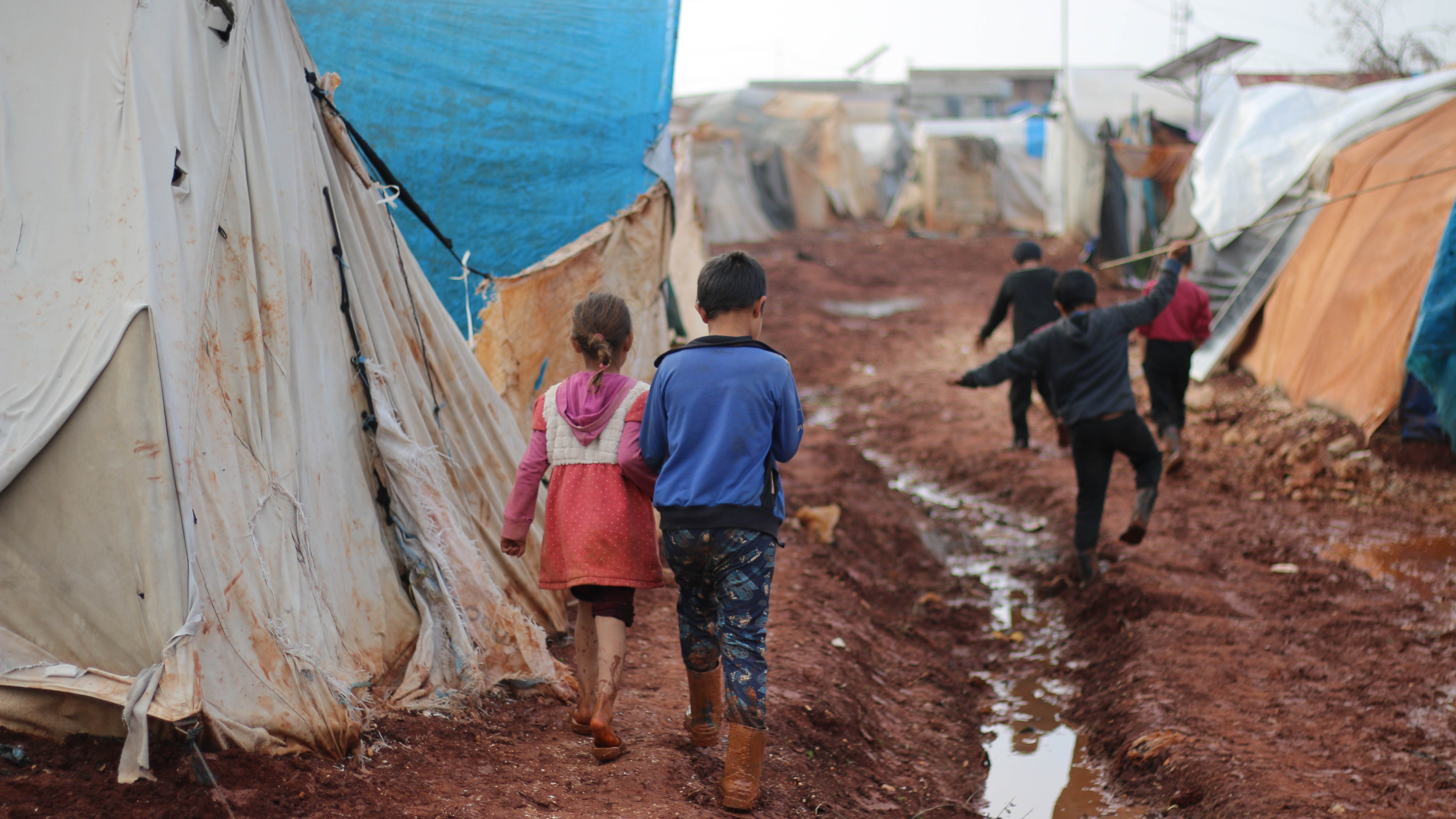
The recent resumption of hostilities in Gaza has reminded this blog of the heroic dedication of Medecines Sans Frontieres or Doctors without Borders as it is known here in the states.
All over Gaza, Palestinians are suffering under siege and bombardment, losing loved ones, homes, and their own lives. Among them are Doctors Without Borders (MSF) staff members, many of whom continue to work and provide lifesaving care in hospitals and health centers across Gaza. They share their stories with us below.
1. Jacob Burns, MSF (Medecines Sans Frontieres/ Doctors Without Borders) project coordinator in Gaza:
“[Nasser] Hospital is not really a hospital anymore. I would say it's more like a camp. The place is just filled with people milling around, trying to sleep, trying to find a corner to make their own, trying to find something to eat, to drink. So, when people are coming in, the staff are literally kneeling in blood on the floor to try to save the life of a person, even intubating on the floor, which is just really, really extreme.”
2. Ricardo Martinez, MSF logistics coordinator who recently returned after four weeks in Gaza:
"It was heartbreaking—running away and having to look at Palestinian colleagues and neighbors who had been with us all the time, helping us with everything, and knowing that most probably I would never see them again. There was no time to thank them all for the good things they had done for us. To tell the truth, I was ashamed."
3. Dr. Ruba, an MSF doctor in southern Gaza:
"We are displaced south from the valley, which is supposed to be a safe area, but every night, every day, there are airstrikes. They are targeting everybody. Nobody is safe. After 60 days of war, I'm losing hope."
4. Dr. Sohaib Safi shares an update from Al-Aqsa Hospital in central Gaza, about a week after he was injured in a blast close to his home.
"The number of patients [is] enormous. We're talking about more than 600 patients with more than 90 percent of these patients with open wounds that need dressing, and they have a lot of infections. There is an increase in the number of communicable diseases as well. So, the need is huge. And MSF is trying its best to provide support."
Medecines Sans Frontieres
The story of Doctors Without Borders neither begins nor ends in Gaza. Doctors Without Borders/Médecins Sans Frontières (MSF) cares for people affected by conflict, disease outbreaks, natural and human-made disasters, and exclusion from health care in more than 70 countries. More than 1, 214,100 patients have been admitted to MSF hospitals or clinics around the world.
Doctors Without Borders targets systemic health deficiencies in developing nations:
1. Maternal healthAn estimated 99 percent of women who die in childbirth or from pregnancy-related complications live in developing countries. Most of these deaths are preventable.
2. MalnutritionMore than 232 million children around the world last year suffered from malnutrition. It is the underlying contributing factor in nearly half of the deaths of children under five years of age.
3. Antibiotic resistanceResistance to antibiotics has become a global health crisis, complicating the treatment of bacterial infections and endangering lives around the world.
4. Covid-19Doctors Without Borders/Médecins Sans Frontières (MSF) teams around the world were quick to respond to the COVID-19 pandemic and to the severe disruptions this pandemic had on other essential health services.
Doctors Without Borders (MSF) provides medical care to refugees and displaced people:
1. Global Migration and Refugee CrisisThere are now 100 million forcibly displaced people around the world—more than at any time in modern history. These are people who have fled extreme dangers, whether to escape relentless bombing, an invading army, gang violence, or other life-threatening circumstances. Those who have been uprooted from their homes often face further struggles on their journey to find safety, including lack of access to essential needs like clean water, food, shelter, personal security, and health care.
2. HaitiOn January 12, 2010, at 4:53 p.m., a magnitude 7.0 earthquake struck Haiti. The impact of the earthquake was staggering: According to various sources, 220,000-300,000 lost their lives. Many more were injured. Millions were suddenly homeless. The island nation’s infrastructure was decimated. MSF, which had been present in Haiti for 19 years prior to the earthquake, lost 12 employees that day, and two of the three MSF-supported medical facilities were seriously damaged. In response to the urgent and almost unlimited needs of the population, the organization mounted one of its largest-ever emergency operations, treating more than 350,000 people affected by the earthquake in just 10 months.
Doctors Without Borders is a shining example of the tireless and courageous dedication of those that have chosen to dedicate their lives in service to others working in nonprofits around the world.

